Summaries of books about Mathematics:
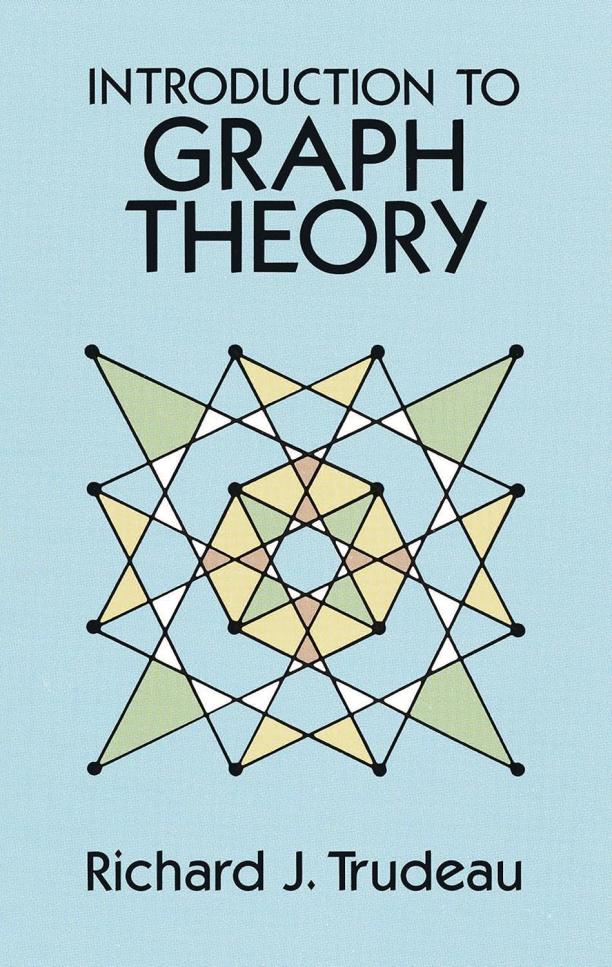
Introduction to Graph Theory
Richard J. Trudeau
The book provides a comprehensive exploration of graph theory, starting with the basics of graphs, their properties, and various types of graphs, before delving into more complex topics such as planar graphs, graph coloring, and the search for the shortest path. It includes proofs, examples, and exercises to solidify understanding of the mathematical concepts presented.
See full summary

College Algebra
Robert F. Blitzer
The book presents a comprehensive overview of algebraic principles and techniques, including functions, equations, inequalities, and complex numbers, tailored for college-level students. It integrates real-world applications and problem-solving strategies to help students understand the relevance of algebra in various fields.
See full summary
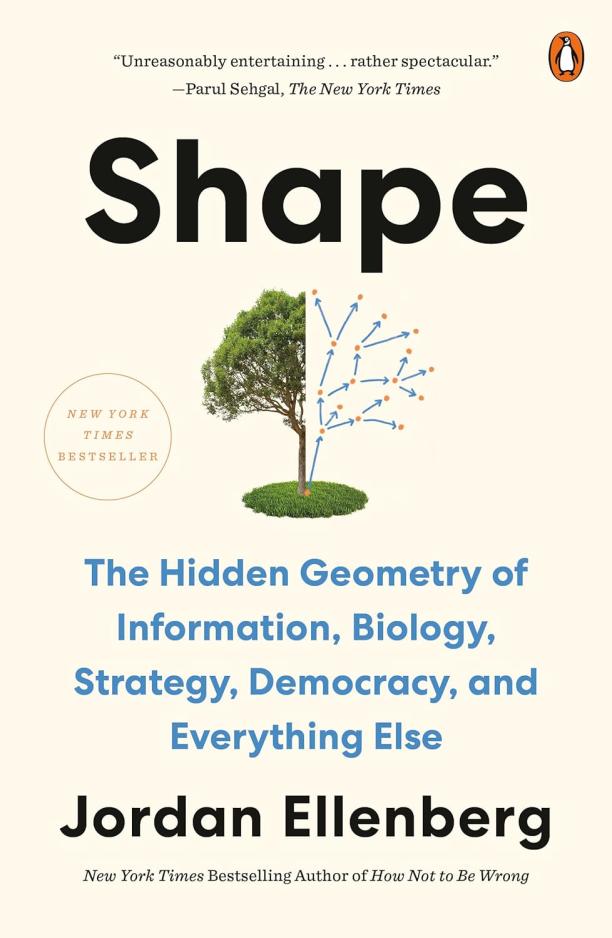
Shape
The Hidden Geometry of Information, Biology, Strategy, Democracy, and Everything Else
Jordan Ellenberg
The book explores how geometric thinking can illuminate a range of topics from politics to human behavior, revealing patterns and structures that govern the complexities of the world. It delves into the ways geometry informs our understanding of biology, strategy, democracy, and other areas, offering insights into the hidden patterns that shape our reality.
See full summary
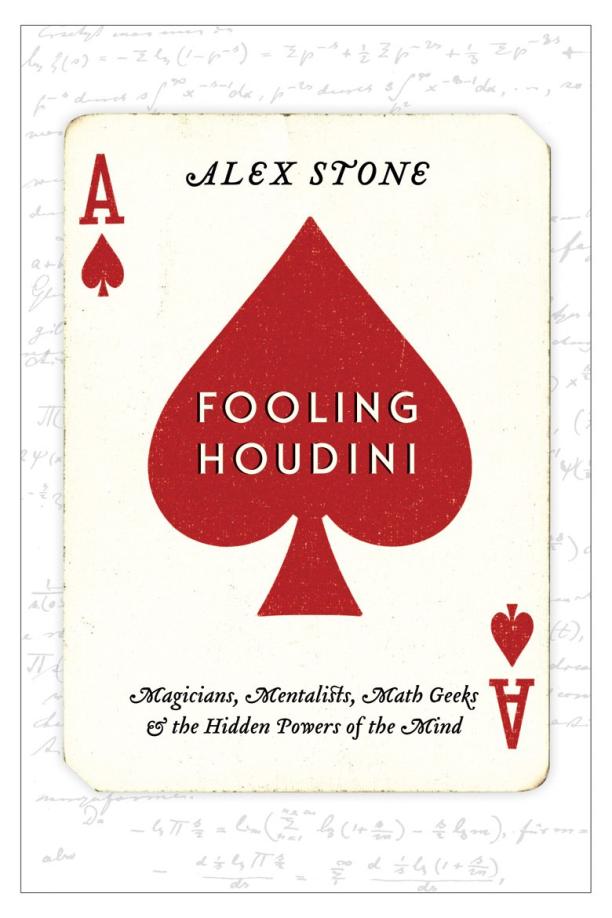
Fooling Houdini
Magicians, Mentalists, Math Geeks, and the Hidden Powers of the Mind
Alex Stone
The book delves into the world of magic and illusion through the author's personal journey, exploring the art of deception, the psychology behind it, and the community of magicians and mentalists. It also examines the intersection of magic with science, revealing how magicians exploit cognitive biases and principles of mathematics and physics.
See full summary
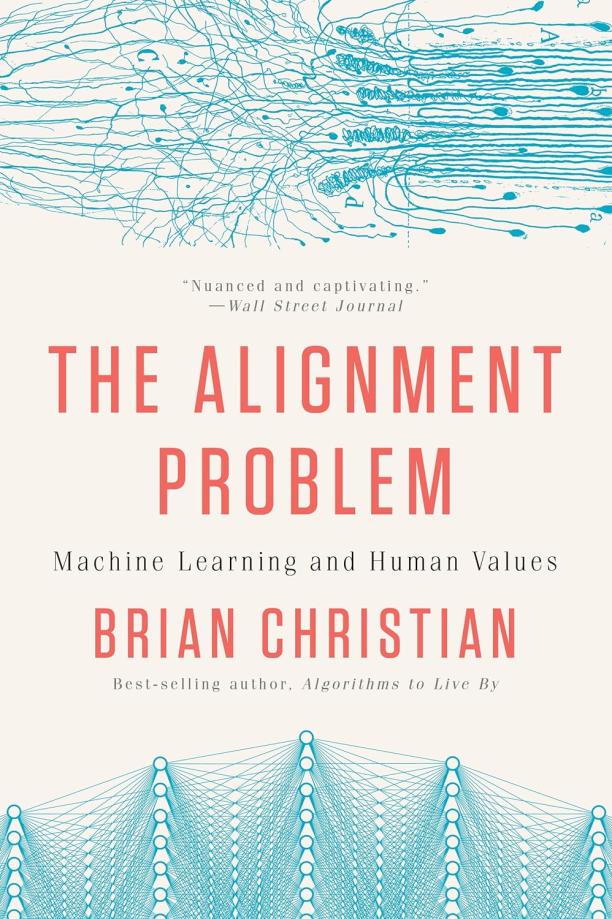
The Alignment Problem
Machine Learning and Human Values
Brian Christian
The book explores the challenges and risks associated with machine learning algorithms as they increasingly influence decision-making in ways that may not align with human ethics and values. It delves into case studies and research efforts aimed at ensuring that AI systems act in ways that are beneficial and fair to society.
See full summary
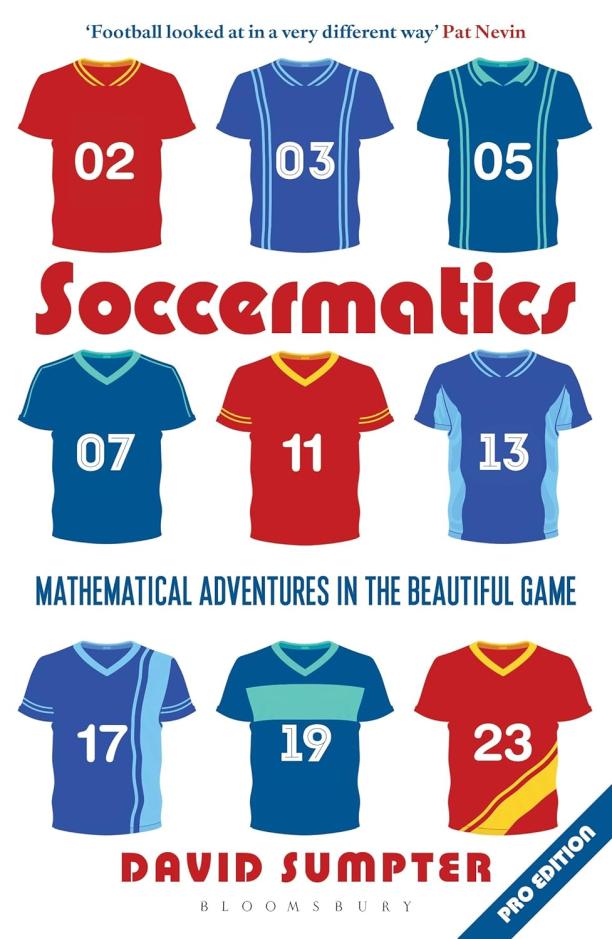
Soccermatics
Mathematical Adventures in the Beautiful Game
David Sumpter
The book explores the application of mathematical principles to soccer, analyzing patterns, strategies, and statistics to understand the game's complexities. It delves into topics such as predictive modeling of outcomes, network theory in team dynamics, and the geometry of player movements.
See full summary
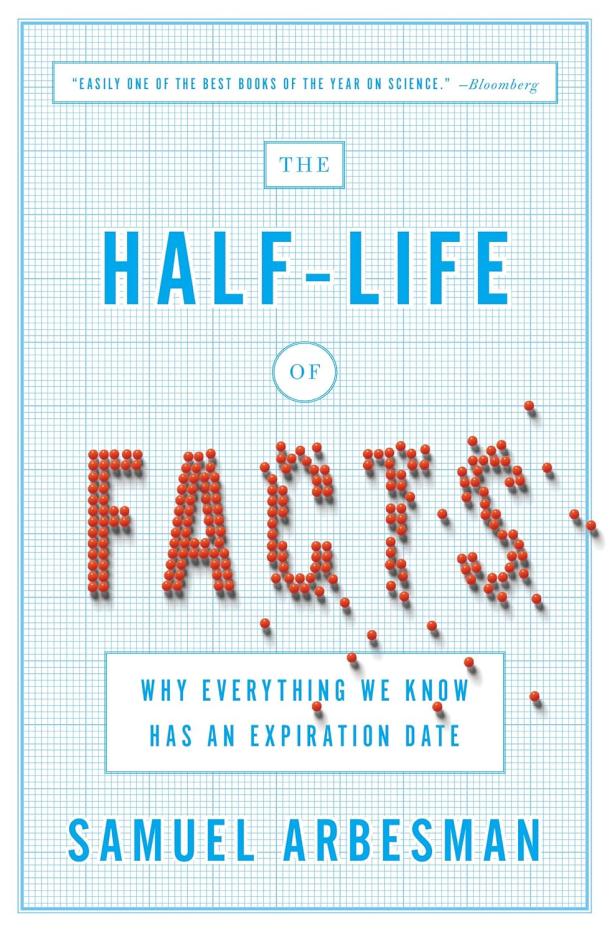
The Half-Life of Facts
Why Everything We Know Has an Expiration Date
Samuel Arbesman
The book explores the concept that knowledge and facts in various fields, such as science and technology, change over time due to new discoveries and better understanding. It delves into the patterns of how information evolves and the implications for society's relationship with knowledge and how we perceive truth.
See full summary
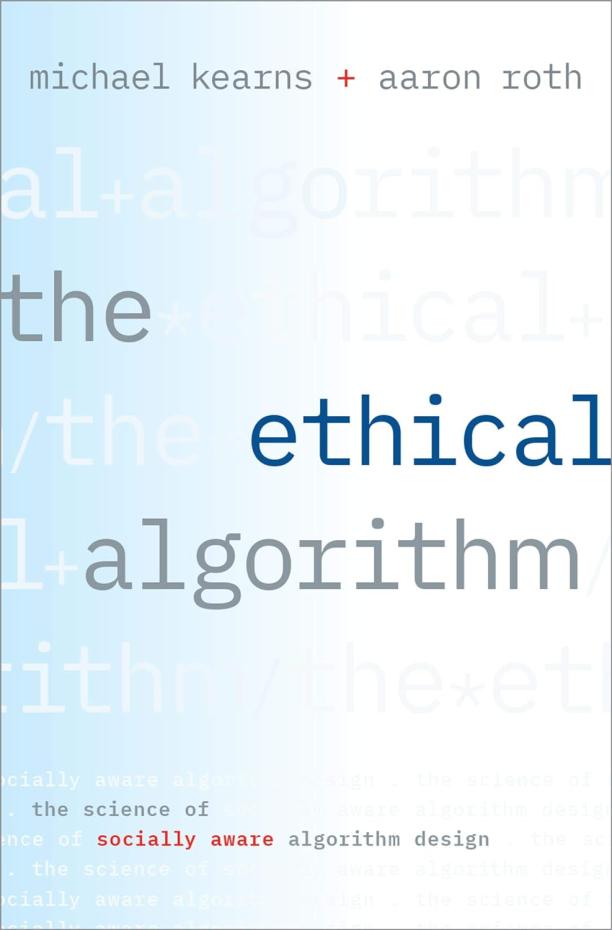
The Ethical Algorithm
The Science of Socially Aware Algorithm Design
Michael Kearns|Aaron Roth
The book explores the intersection of computer science and social science, discussing how algorithms can be designed to better respect privacy, fairness, and other ethical considerations. It delves into the technical challenges and potential solutions for creating algorithms that make socially responsible decisions while still being effective and efficient.
See full summary
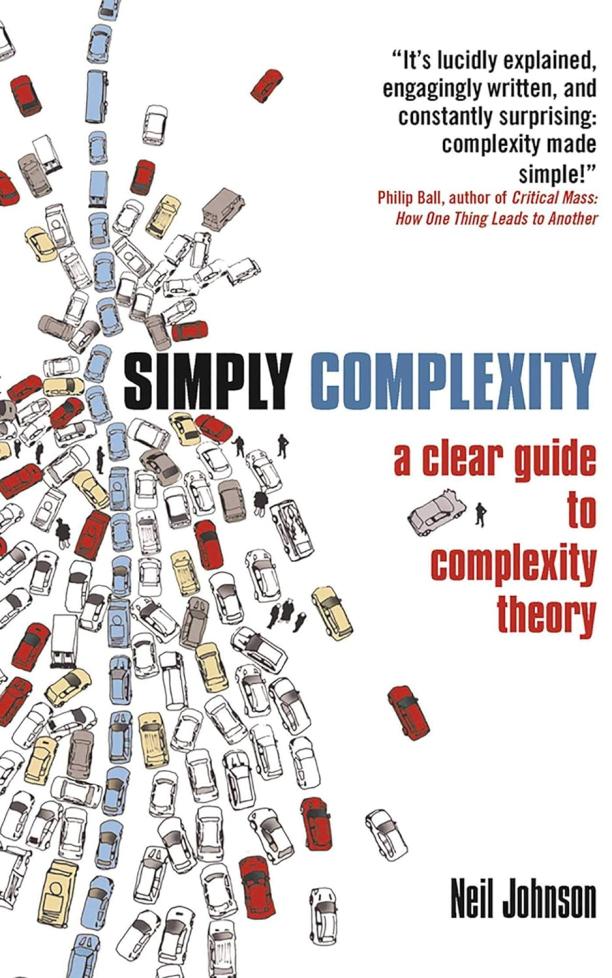
Simply Complexity
A Clear Guide to Complexity Theory
Neil F. Johnson
The book provides an accessible introduction to complexity theory, explaining how simple rules can lead to complex patterns and behaviors in various systems, from ant colonies to human societies. It explores the implications of this theory across different fields, including biology, economics, and technology, illustrating the interconnectedness and unpredictability of complex systems.
See full summary
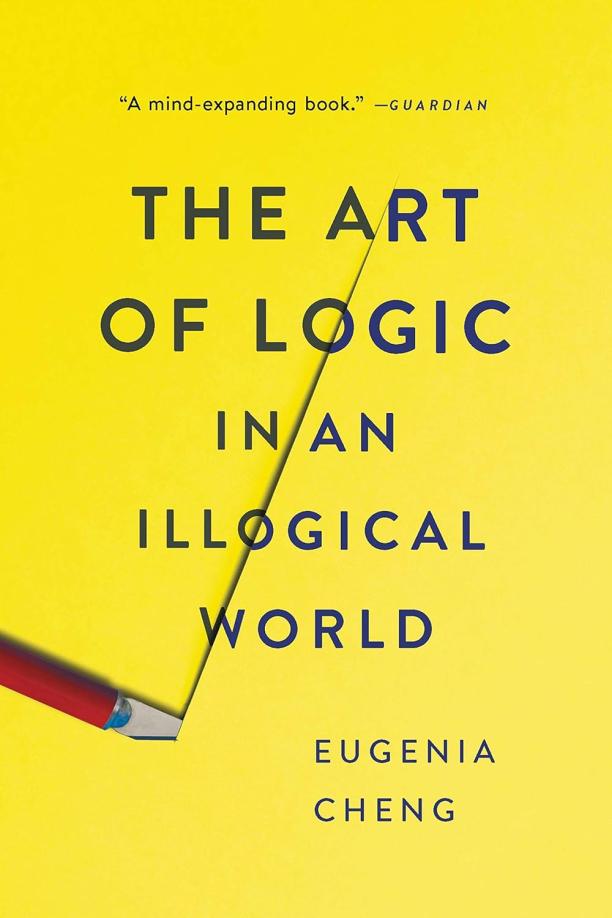
The Art of Logic in an Illogical World
Eugenia Cheng
The book explores the application of mathematical logic to understand and navigate the complexities of arguments and discussions in everyday life. It provides insights into how to dissect debates, recognize fallacies, and communicate more effectively by using principles from abstract mathematical concepts.
See full summary